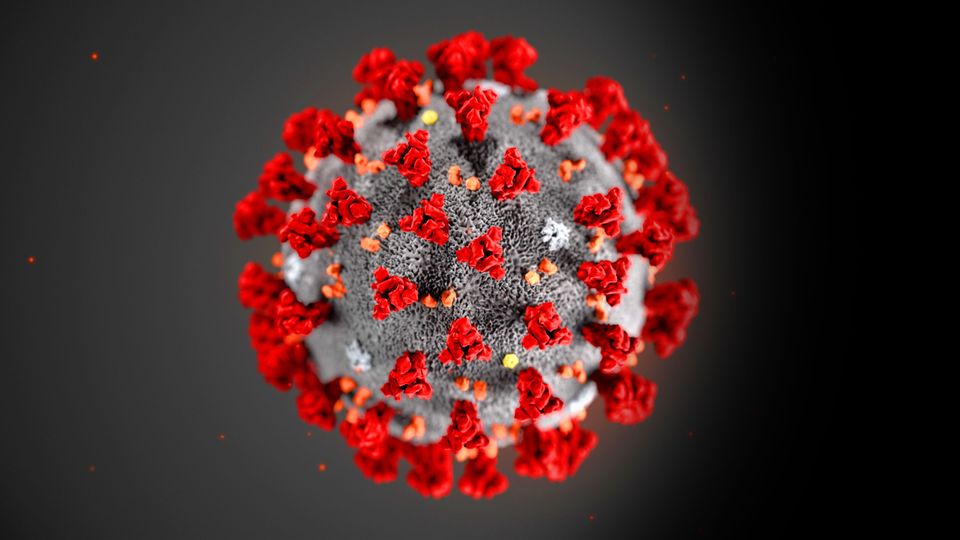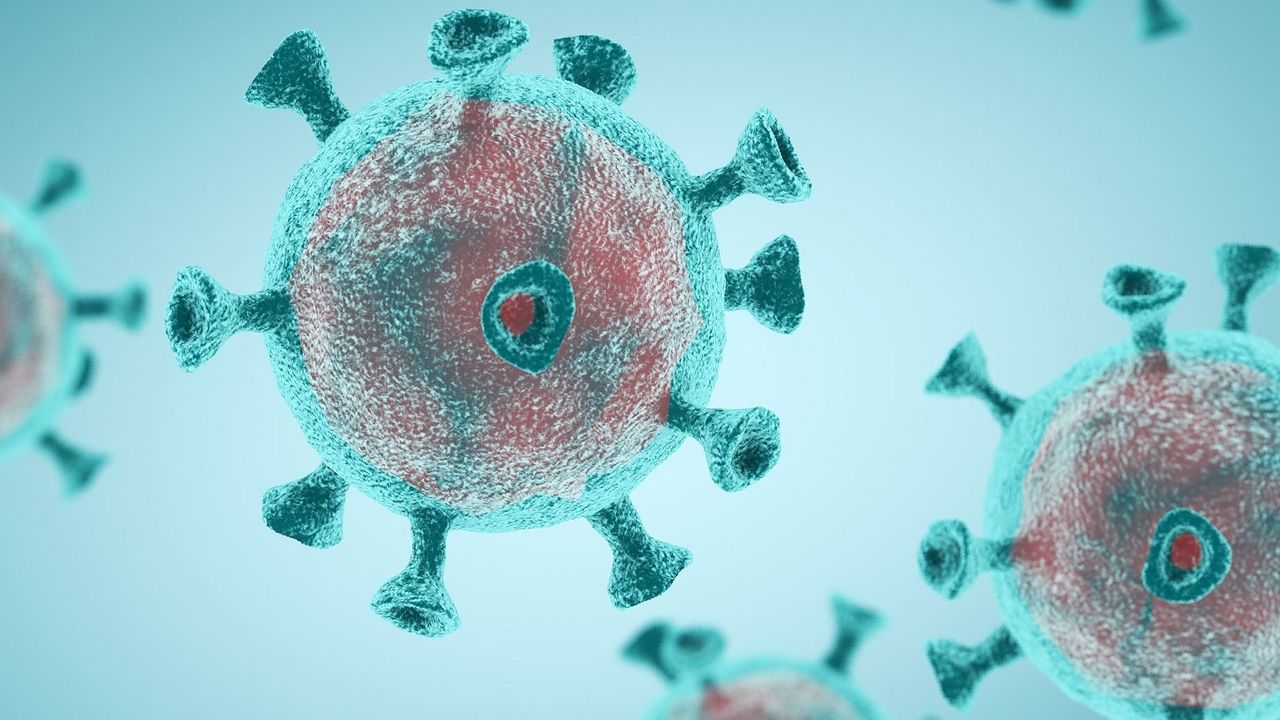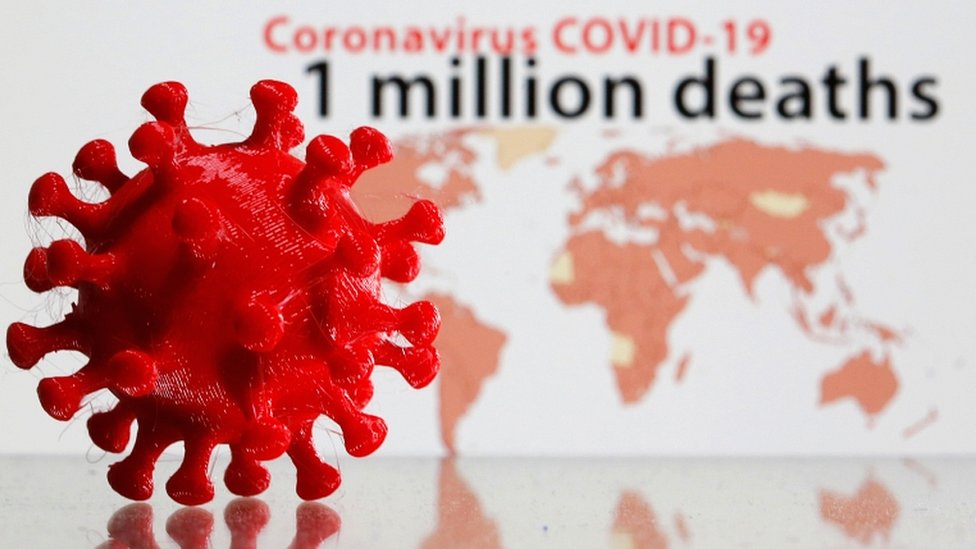When Did COVID-19 Pandemic Originally Emerge?
When did COVID-19 start? The first known cases of COVID-19 were reported in Wuhan, China, in December 2019.
COVID-19 is a respiratory illness caused by a novel coronavirus. The virus is spread through close contact with an infected person or by touching surfaces that have been contaminated with the virus.
COVID-19 can cause a wide range of symptoms, from mild to severe. Symptoms can include fever, cough, shortness of breath, fatigue, muscle aches, and loss of taste or smell. In severe cases, COVID-19 can lead to pneumonia, acute respiratory distress syndrome (ARDS), and death.
There is currently no cure for COVID-19, but there are treatments that can help to relieve symptoms and prevent complications. The best way to prevent COVID-19 is to get vaccinated, wear a mask, and practice social distancing.
When did COVID-19 start?
The COVID-19 pandemic has had a profound impact on the world, leading to widespread illness, economic disruption, and social upheaval. Understanding the origins of the pandemic is crucial for preventing future outbreaks and mitigating their impact.
- First cases: The first known cases of COVID-19 were reported in Wuhan, China, in December 2019.
- Novel coronavirus: COVID-19 is caused by a novel coronavirus, which had not been previously identified in humans.
- Zoonotic origin: The virus is believed to have originated in bats and was transmitted to humans through an intermediary animal, possibly a pangolin.
- Rapid spread: COVID-19 spread rapidly around the world, reaching pandemic status by March 2020.
- Global impact: The pandemic has had a devastating impact on global health, economies, and societies.
- Ongoing research: Scientists are still working to understand the origins of COVID-19 and to develop effective vaccines and treatments.
- Prevention: The best way to prevent COVID-19 is to get vaccinated, wear a mask, and practice social distancing.
The COVID-19 pandemic is a reminder of the interconnectedness of our world and the importance of global cooperation in addressing public health challenges.
First cases
The first known cases of COVID-19 were reported in Wuhan, China, in December 2019. This is a significant milestone in the history of the pandemic, as it marks the point at which the virus was first identified and recognized as a public health threat.
- Identification of the virus: The identification of the first cases of COVID-19 was a crucial step in understanding the nature of the virus and developing strategies to contain its spread.
- Origin of the virus: The location of the first cases in Wuhan, China, provided important clues about the possible origin of the virus and its transmission to humans.
- Global response: The identification of the first cases of COVID-19 triggered a global response, as countries around the world began implementing measures to prevent the spread of the virus.
- Lessons learned: The experience of the first cases of COVID-19 has provided valuable lessons for future pandemic preparedness and response.
The first cases of COVID-19 were a turning point in the history of the pandemic. They marked the beginning of a global health crisis that has had a profound impact on societies and economies around the world. Understanding the origins and spread of the virus is essential for preventing future pandemics and mitigating their impact.
Novel coronavirus
The emergence of a novel coronavirus is a significant factor in understanding when COVID-19 started. A novel coronavirus is a new strain of coronavirus that has not been previously identified in humans. The virus that causes COVID-19 is a novel coronavirus, meaning that it is a new strain of coronavirus that has not been seen before.
- Origin of the virus: The identification of a novel coronavirus as the cause of COVID-19 provided important clues about the origin of the virus. Scientists believe that the virus originated in bats and was transmitted to humans through an intermediary animal, possibly a pangolin.
- Lack of immunity: The fact that the virus is a novel coronavirus means that humans have no prior immunity to it. This made it easier for the virus to spread and caused the pandemic to escalate quickly.
- Development of vaccines and treatments: The identification of a novel coronavirus was crucial for the development of vaccines and treatments. Scientists were able to use the genetic sequence of the virus to develop vaccines and treatments that target the specific strain of coronavirus that causes COVID-19.
The emergence of a novel coronavirus is a major factor in understanding when COVID-19 started. It highlights the importance of ongoing surveillance and research to identify and track new strains of viruses that have the potential to cause pandemics.
Zoonotic origin
The zoonotic origin of COVID-19 is a significant factor in understanding when the pandemic started. A zoonotic disease is a disease that is transmitted from animals to humans. The virus that causes COVID-19 is believed to have originated in bats and was transmitted to humans through an intermediary animal, possibly a pangolin.
The identification of the zoonotic origin of COVID-19 is important for several reasons:
- Understanding the source of the virus: Identifying the animal reservoir of a virus is crucial for understanding how the virus emerged and spread to humans.
- Preventing future outbreaks: Knowing the animal reservoir of a virus can help scientists develop strategies to prevent future outbreaks by targeting interventions at the source.
- Developing vaccines and treatments: Understanding the zoonotic origin of a virus can help scientists develop more effective vaccines and treatments by targeting the specific strain of virus that is circulating in humans.
The zoonotic origin of COVID-19 is a reminder of the interconnectedness of human and animal health. It highlights the importance of ongoing surveillance and research to identify and track zoonotic diseases that have the potential to cause pandemics.
By understanding the zoonotic origin of COVID-19, we can better prepare for and prevent future pandemics.
Rapid spread
The rapid spread of COVID-19 is closely connected to the question of "when did COVID-19 start". The rapid spread of the virus was a key factor in the pandemic being declared in March 2020.
There are several reasons why COVID-19 spread so rapidly:
- High transmissibility: The virus is highly transmissible, meaning that it can easily spread from person to person.
- Lack of immunity: As COVID-19 is a novel coronavirus, humans have no prior immunity to it, making it easier for the virus to spread.
- Global interconnectedness: The rapid spread of COVID-19 was also facilitated by the interconnectedness of the global community. People were traveling frequently for business and leisure, which helped to spread the virus to different parts of the world.
The rapid spread of COVID-19 had a profound impact on the world. It led to widespread illness, economic disruption, and social upheaval. Understanding the factors that contributed to the rapid spread of COVID-19 is crucial for preventing future pandemics.
By understanding the connection between the rapid spread of COVID-19 and the question of "when did COVID-19 start", we can better prepare for and prevent future pandemics.
Global impact
The global impact of COVID-19 is closely connected to the question of "when did COVID-19 start". The devastating impact of the pandemic is a direct result of the rapid spread of the virus and the lack of immunity to the virus.
The global impact of COVID-19 has been felt in many ways:
- Health: The pandemic has caused widespread illness and death. As of March 2023, there have been over 600 million reported cases of COVID-19 and over 6 million deaths.
- Economy: The pandemic has caused significant economic disruption. Many businesses have been forced to close or operate at reduced capacity. This has led to job losses and economic hardship for many people.
- Society: The pandemic has had a profound impact on societies around the world. Social distancing measures and lockdowns have disrupted education, travel, and social gatherings. This has led to increased isolation and loneliness, as well as mental health problems.
Understanding the connection between the global impact of COVID-19 and the question of "when did COVID-19 start" is crucial for preventing future pandemics. By understanding the factors that contributed to the spread of the virus and its devastating impact, we can better prepare for and prevent future pandemics.
The global impact of COVID-19 is a reminder of the interconnectedness of the world. The pandemic has shown us that a virus can spread rapidly around the world and cause widespread illness, economic disruption, and social upheaval. We must be prepared for future pandemics and work together to mitigate their impact.
Ongoing research
The ongoing research into the origins of COVID-19 and the development of effective vaccines and treatments is closely connected to the question of "when did COVID-19 start". Understanding the origins of the virus is crucial for preventing future pandemics, and developing effective vaccines and treatments is essential for mitigating the impact of future pandemics.
The ongoing research into the origins of COVID-19 has helped us to understand how the virus emerged and spread to humans. This knowledge has helped us to develop more effective strategies to prevent future pandemics. For example, we now know that COVID-19 is a zoonotic disease that originated in bats. This knowledge has helped us to develop strategies to prevent future pandemics by targeting interventions at the animal reservoir of the virus.
The ongoing research into the development of effective vaccines and treatments for COVID-19 has helped us to save lives and reduce the severity of the disease. The development of effective vaccines has helped to reduce the spread of the virus and to protect people from severe illness and death. The development of effective treatments has helped to improve the outcomes for people who do get sick with COVID-19.
The ongoing research into the origins of COVID-19 and the development of effective vaccines and treatments is essential for preventing future pandemics and mitigating their impact. By continuing to invest in research, we can better prepare for and prevent future pandemics.
Prevention
Understanding the preventive measures for COVID-19 is crucial in exploring "when did COVID-19 start". Prevention plays a pivotal role in controlling the spread of the virus and mitigating its impact on individuals and communities.
- Vaccination: Vaccination is a vital preventive measure against COVID-19. Vaccines work by stimulating the immune system to produce antibodies that protect against the virus. Widespread vaccination campaigns have been instrumental in reducing the severity and mortality rates of COVID-19.
- Mask-wearing: Wearing a mask is an effective way to prevent the spread of respiratory droplets that can carry the COVID-19 virus. Masks create a physical barrier that reduces the transmission of the virus from infected individuals to others.
- Social distancing: Social distancing involves maintaining a physical distance from others to minimize the risk of exposure to the virus. By limiting close contact, social distancing reduces the opportunities for the virus to spread.
These preventive measures are crucial in controlling the spread of COVID-19 and preventing future outbreaks. By understanding the significance of prevention in relation to the question "when did COVID-19 start", we can appreciate the ongoing efforts to contain the pandemic and protect public health.
FAQs on "When Did COVID-19 Start"
This section addresses frequently asked questions about the origins of the COVID-19 pandemic, providing concise and informative answers.
Question 1: When was the first case of COVID-19 reported?
The first known case of COVID-19 was reported in Wuhan, China, in December 2019.
Question 2: What is the origin of the COVID-19 virus?
The COVID-19 virus is believed to have originated in bats and was transmitted to humans through an intermediary animal, possibly a pangolin.
Question 3: How did COVID-19 spread so rapidly?
The COVID-19 virus spread rapidly due to its high transmissibility, lack of immunity in the human population, and global interconnectedness.
Question 4: What is the global impact of COVID-19?
The COVID-19 pandemic has had a profound impact on global health, economies, and societies, causing widespread illness, economic disruption, and social upheaval.
Question 5: What is being done to prevent the spread of COVID-19?
The best way to prevent the spread of COVID-19 is to get vaccinated, wear a mask, and practice social distancing.
Question 6: What is the future of COVID-19?
Scientists are still working to understand the origins of COVID-19 and to develop effective vaccines and treatments. Ongoing research is crucial for preventing future pandemics and mitigating their impact.
Summary: Understanding the origins and spread of COVID-19 is crucial for preventing future pandemics and mitigating their impact. By answering these frequently asked questions, we can better prepare for and respond to future public health challenges.
Transition to the next article section: The following section will explore the ongoing research into the origins of COVID-19 and the development of effective vaccines and treatments.
Conclusion
The exploration of "when did COVID-19 start" has provided valuable insights into the origins and spread of the COVID-19 pandemic. Understanding the zoonotic origin of the virus, its rapid transmission, and the global impact it has had, is crucial for preventing future pandemics and mitigating their impact.
Ongoing research into the origins of COVID-19 and the development of effective vaccines and treatments is essential for our preparedness and response to future public health challenges. By continuing to invest in research and promoting global collaboration, we can work towards a future where we are better equipped to prevent and control pandemics.



Detail Author:
- Name : Mrs. Veronica Lebsack
- Username : johnathan50
- Email : maye.strosin@gmail.com
- Birthdate : 2006-09-26
- Address : 828 Vicky Crest Apt. 091 New Kara, FL 25704
- Phone : 1-667-975-3598
- Company : Sporer PLC
- Job : Plumber OR Pipefitter OR Steamfitter
- Bio : Vel aut nisi praesentium velit. Et quaerat et exercitationem nisi.
Socials
facebook:
- url : https://facebook.com/johnson1993
- username : johnson1993
- bio : Dolorem est nobis doloribus quo rerum sequi.
- followers : 4409
- following : 1334
linkedin:
- url : https://linkedin.com/in/sallie_johnson
- username : sallie_johnson
- bio : Nobis consequuntur eius facere sit qui sunt.
- followers : 3981
- following : 703
tiktok:
- url : https://tiktok.com/@johnsons
- username : johnsons
- bio : Aut aut neque eum reprehenderit illum fugiat a.
- followers : 4036
- following : 2509
instagram:
- url : https://instagram.com/sallie6880
- username : sallie6880
- bio : Sit qui occaecati qui nobis. Et quam vel quo temporibus et. Aut ut omnis molestias beatae.
- followers : 1242
- following : 249